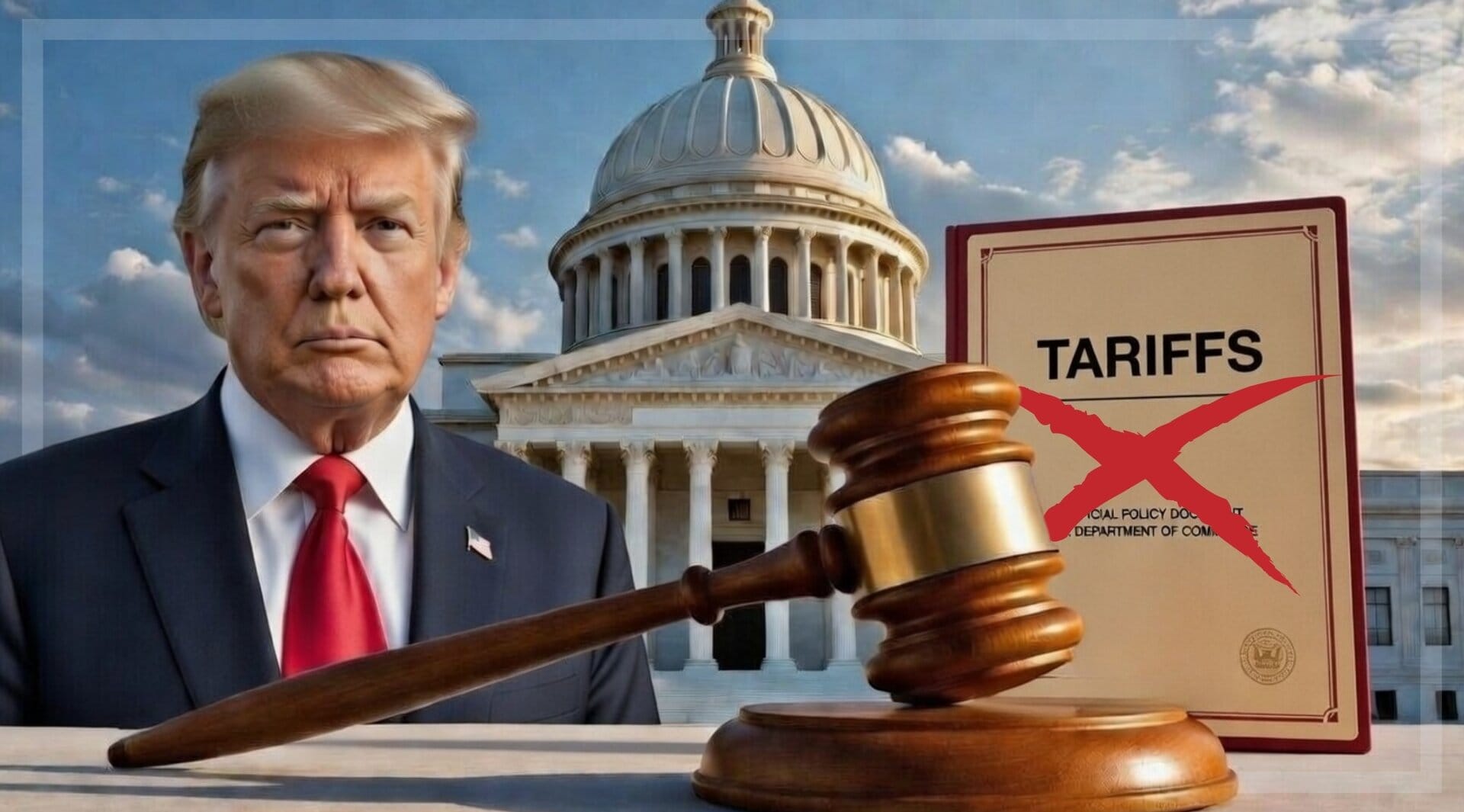In August, Wyoming officially launched a stablecoin, called FRNT, for Frontier, the first of its kind. The state famous for cowboys has jumped into crypto like it once did into cattle. Wyoming may be the foremost laboratory for crypto innovation in the nation.
It has the most laws on the books to regulate digital assets. The move came with the backing of many of the state’s lawmakers and treasury officials, some of whom also sit on the board of the Wyoming Stable Token Commission (WSTC). The same small cluster of officials; Mark Gordon, the Governor of Wyoming, the Treasurer Curtis Meier, and the Auditor Kristi Racines, dominate both the Wyoming sovereign wealth fund and the Wyoming Stable Token Commission, as well as the boards and committees the Commission reports to.
For many, the launch of the first state stable token is exciting. For libertarians, it’s another encroachment of the government into people’s livelihoods and a recipe for abuses.
The way the process has taken shape should give residents in Wyoming and elsewhere pause.
This is the third article in a series exploring the first state stable token. The first provides an overview. The second drills deeper into the project partners, especially Franklin Templeton.
A Government Startup
The WSTC functions as a start-up, headed by Anthony Apollo, a New Yorker with a background in blockchain and the auditing industry.
The Commission emerged out of the meetings of the Select Committee on Blockchain, where Wyoming’s Governor, Treasurer, Auditor, and sundry other officials hashed out their strategy in public meetings, all posted on YouTube.
Disruption Banking viewed and transcribed many of the Select Committee on Blockchain meetings going back to 2022, as well as many of the Commission meetings. A notable example of Governor Mark Gordon’s control of the project took place on June 6, 2023, during a Commission Monthly Meeting when Governor Gordon doled out the positions of subcommittees (minute 107:22).
Importantly, the Commission has so far spent less than $2 million of its $6 million biennial budget.
Between joining the Commission in September 2023 and February 2025, Apollo said there had been an “extensive amount of inbound interest” from more than 730 individuals across more than 360 organisations wanting to build or partner.
“Take Your Public-Private Partner by the Hand”
Industry professionals attended the meetings, often commenting and presenting to the officials at the table, the governor, the auditor, the treasurer, accompanied by a new, younger, savvier expert in blockchain, or at least what can pass for one in Wyoming.
Anthony Apollo stands out from the rest of the Commission. He wears a burgundy double-breasted suit and carries a pocket square. They wear cowboy boots. He is fast-talking, fluent with the press, a wheeler and dealer.
The Wyoming officials on the Commission are laconic, soft-spoken, and importantly, all the decision-makers at the center of the FRNT project, the governor, the treasurer, and the auditor, as well as Senator Rothfuss, were new to the blockchain and crypto industry. They needed an industry insider to hold their hands during meetings and guide their decision-making, which all happened in the Select Committee on Blockchain, not the Commission meetings.
By the time the Commission really kicked off, many substantial issues had already been decided and run by the attorneys from the governor’s office, as well as the external counsel for the Commission, Paul Hastings, resolving any legal concerns for all parties. All those communications are privileged and inaccessible to the public.
It’s clear during some Commission meetings that there’s often little left to discuss. Every official already seems to know what has been decided in private subcommittee meetings. That’s not a transparent process.
And the Wyoming legal framework developed by the Commission is something they want to export to other states.
Global Reach, Local Regulation
Does this event herald a new era of banking and interstate, even global commerce? Director Apollo told the Wyoming Tribune Eagle, “WYST can be used to settle dollar-denominated transactions anywhere on Earth, in seconds, with fees under $0.01, while mitigating counterparty risk.” WYST is the previous iteration of FRNT.
In conversation with Disruption Banking, Apollo said, “Because we are doing this as a sovereign entity, we can go cross-border much easier because we’re not regulated by any other country. They may regulate the exchanges, but, you know, Wyoming does not answer to the Japan Financial Services Agency. Similarly, we’re also not under the Genius Act either. The Genius Act defines permitted payment stablecoin issuers as banks, trusts, fintechs, and other business entities. We’re not included in there. So we’re not under the Genius Act to also give us a bit more autonomy to develop our own ruleset, which we have done.”
Apollo hits the same notes everywhere he goes. In the May panel, he said, “We are not going to be under, let’s say, the aegis of the New York Department of Financial Services. Similarly, we’re not going to be under the scrutiny of regulatory authorities abroad like MiCA and the EU markets and crypto asset regulation framework…”
All Market Cap & No Cattle
In various meetings of the Commission and in an interview with Disruption Banking, Apollo has touted the market cap of stablecoins, but nowadays he is thinking even more expansively. He said, “We are a public goods project, so that’s what separates us from something like a circle that now is a public company, and definitionally has a responsibility to their shareholders, not the end user. There’s also the potential ability for us to do a yield-bearing stable token domestically, because we’ve seen that activity go offshore, Agora or Mountain Protocol in Bermuda, because they wanted to — that’s the way around the SEC restrictions. And then, you could do — if you have $5 million, you could go join the BlackRock’s BUIDL fund on Securitize, to get some yield on stable tokens. But beyond that, it’s not really open to domestic non-accredited investors. As a state with some exemptions to securities laws, we may be able to pull that off too. So that’s going to be downstream of a compliance effort. But if we were to have a domestic, transparent, yield-bearing stable token that was accessible globally, I think we’ve got a pretty big market cap target there. Yeah, I think so.”
Offering yield-bearing stable tokens in foreign countries, especially ones with hyperinflation or capital controls, will be a huge deal. It doesn’t seem that the news media has quite gotten their head around this. Unlike with other stablecoin issuers like Tether who are more regularly scrutinized.
FRNT: Sinking Ship or Luxury Liner?
Not everybody is seeing the great vista Apollo describes. At times, the project has been dogged by public denunciations from Wyoming residents.
On May 14, 2025, a resident upbraided the Commission during a Monthly Meeting on YouTube, “I don’t understand why anyone would actually spend money on this literal Ponzi scheme, and yes, I looked up the term it is a Ponzi scheme. If more folks in Wyoming understood that it is a Ponzi scheme, they’d shut it down in a heartbeat… How the state of Wyoming can possibly guarantee in any way to any Wyoming stable token holder or anyone else with data in the state system the safety of their data and their holdings, and I’ve heard talk that it’s being considered that the state of Wyoming would make folks whole using Wyoming taxpayer monies that should absolutely not even be considered. We’re already paying to create this sinking ship.”
The largest contributor to the Wyoming’s state budget is investment proceeds (which we will return to later in this series), so this criticism doesn’t necessarily land, but the woman raises a good point about the unseemliness of the Commission claiming to serve Wyoming residents while salivating over the potential market cap of FRNT, or claiming to want to support local banks, while undermining them and contracting with top tech and Wall Street firms.
However, that devil-may-care approach seems to have worked for the state of Wyoming so far, and this project shows remarkable gumption. Whether or not it fails, the legal framework, the local arm-twisting, and the stable token gospel may resurface in Texas or Idaho, and likely beyond.
Author: Tim Tolka, Senior Reporter
#Crypto #Blockchain #DigitalAssets #DeFi #WYST #FRNT #Wyoming
The editorial team at #DisruptionBanking has taken all precautions to ensure that no persons or organizations have been adversely affected or offered any sort of financial advice in this article. This article is most definitely not financial advice.

















